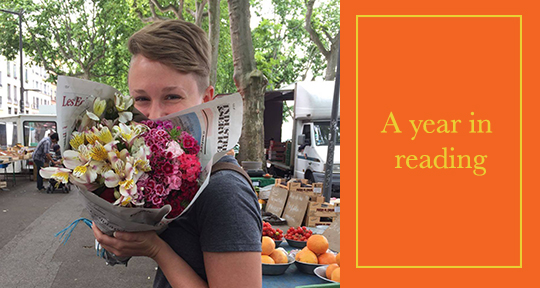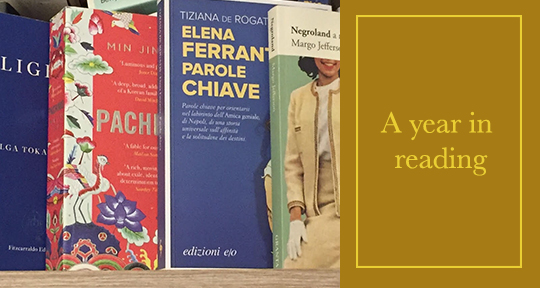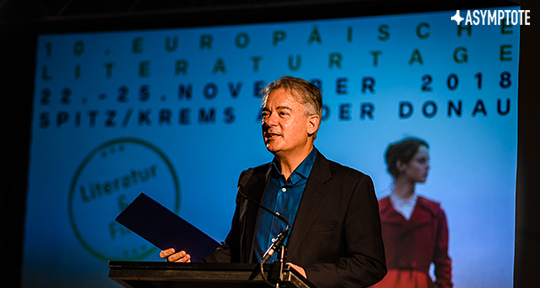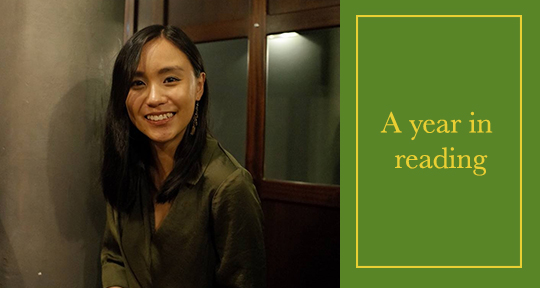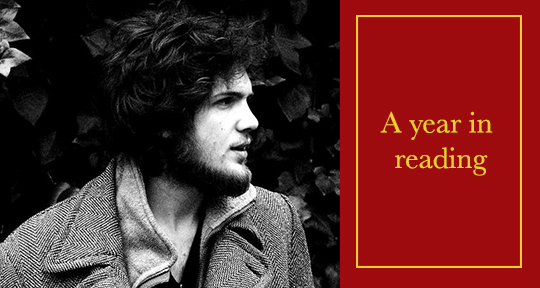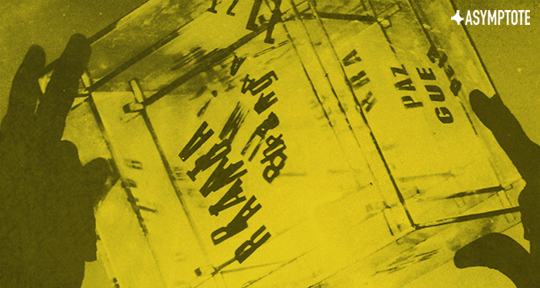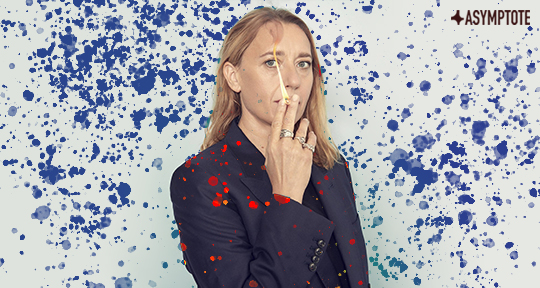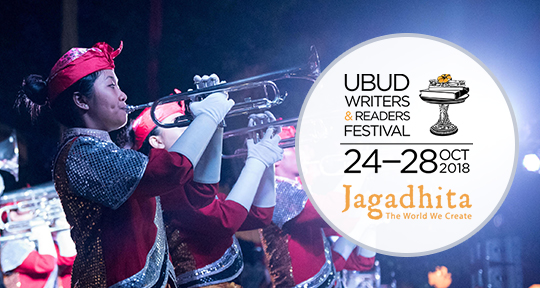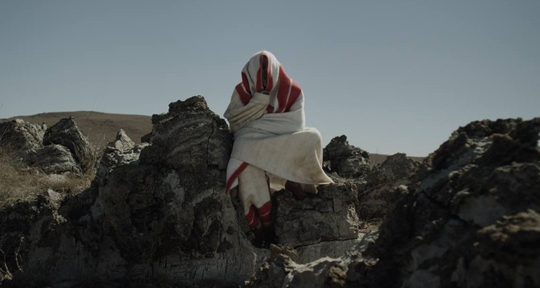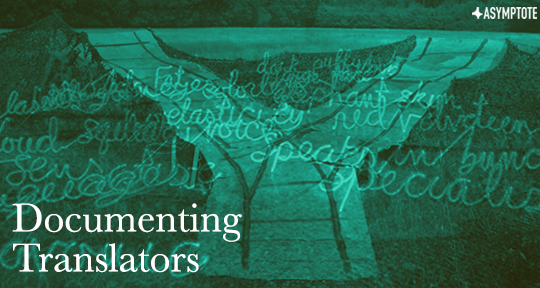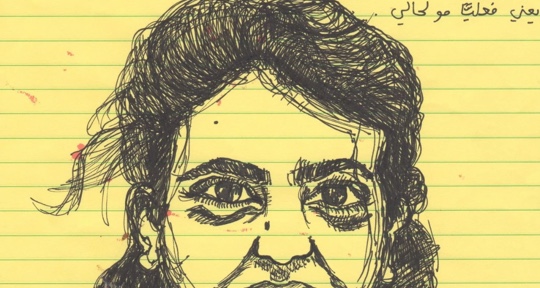Blog Copy Editor Andrea Blatz’s 2018 reading list was packed with nineteenth-century science fiction and women in translation. In today’s post, she discusses the common themes that unite many of these books, among them the experience of trauma and the role of space and place in our lives, before looking ahead to her reading list for the new year!
Like most book lovers, I buy more books than I have time to read, so my “To Read” list is usually longer than my “Already Read” list. Having so many books to choose from for my next read means I usually pick something completely different than the book I’ve just read. However, this year, it seems as though spaces have been a prominent theme in much of what I’ve read.
I started the year with The Other City by Michal Ajvaz, translated by Gerald Turner. After finding a book written in a mysterious script in a bookshop, the narrator begins noticing strange things around him in his home city, Prague. The result is a strange, new reality composed of spaces that are ignored in the daytime. Fish talk to you, tiny elk live on the Charles Bridge, and ghosts appear as the mysterious narrator crosses a boundary into this “other city.”

